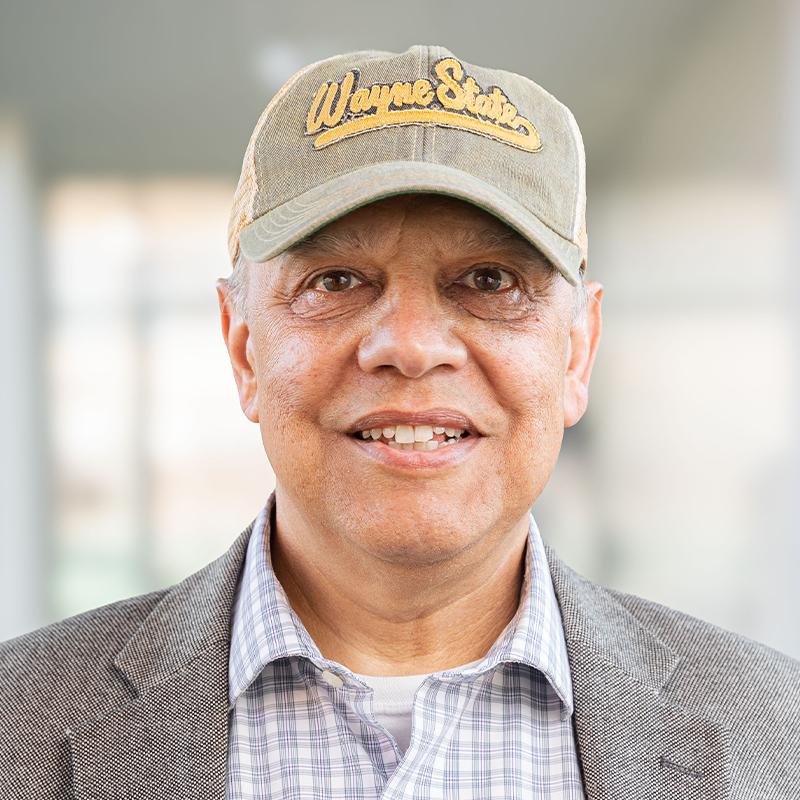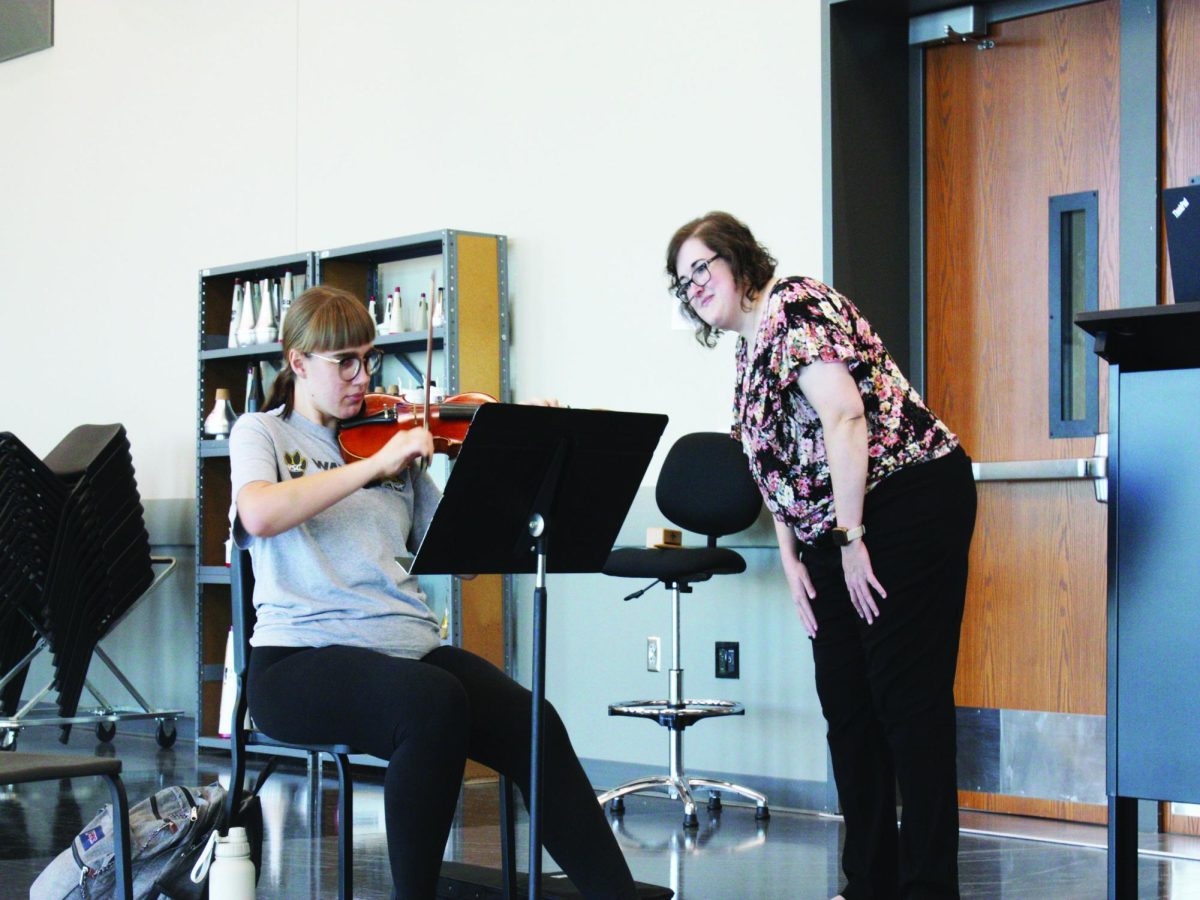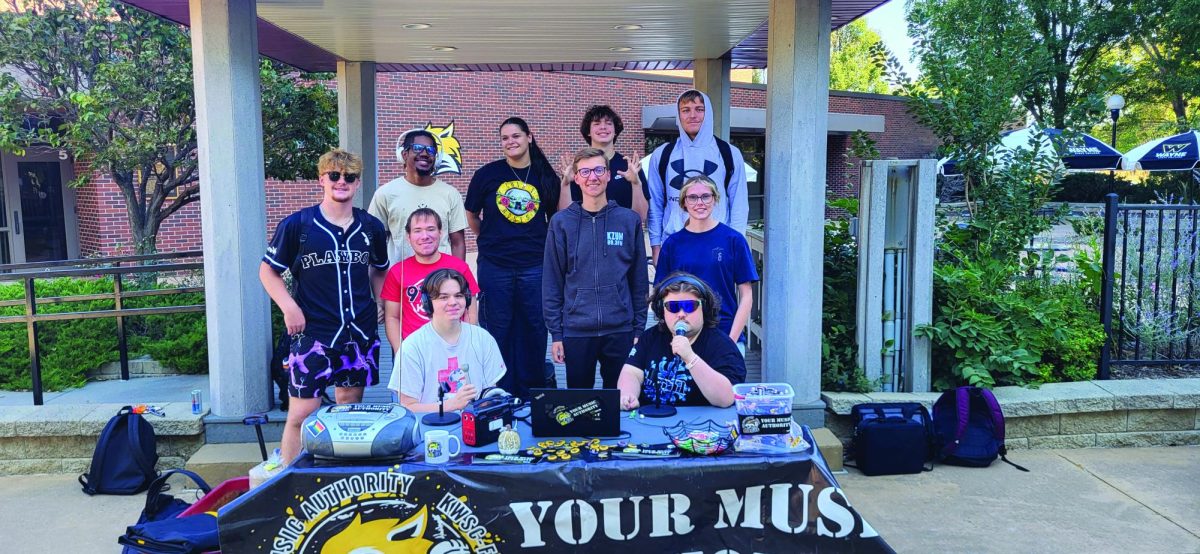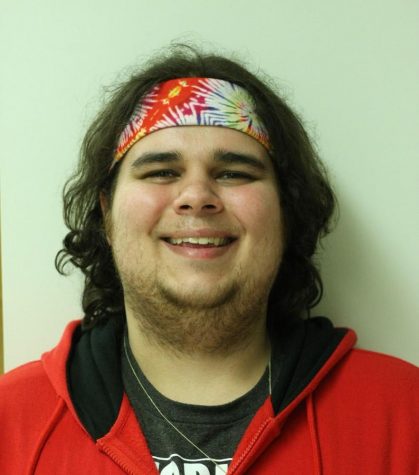The founder of WSC’s philosophy department deemed unqualified to teach philosophy by HLC
April 26, 2017
After Wayne State College’s liaison to the Higher Learning Commission, Sue Sydow, referred questions to department deans of exactly which faculty members would be affected by the HLC’s new accreditation guidelines, only Humanities Dean Dr. Alan Bruflat responded to “The Wayne Stater” for comment, noting that philosophy Profs. Drs. Andrew Alexander and Katherine Butler would be essentially swapping classes with English Profs. Drs. Rodney Cupp and Becky Zavada
Most notably, Butler is wrapping up her 51st year teaching philosophy at WSC and created the Philosophy Department when she came to Wayne. Because her master’s and doctoral degrees are in English, she is no longer qualified to teach philosophy at WSC.
“I think it’s a shame that over 50 years of experience teaching philosophy doesn’t count in the HLC’s eyes,” Butler said. “I would like to talk to one of these people in the commission, because I don’t think this is what they intended.”
The new guidelines from the HLC, the accreditor for WSC, concerning qualified faculty states that faculty members must have a degree above the level they are teaching and in the specific field they are teaching. However, exceptions are made based on tested and equivalent experience.
Equivalent experience means that the faculty member has 18 credit hours of graduate coursework in their desired field. Butler believes she has met those qualifications, but since she has been a graduate for over 50 years, confirming that is difficult.
“My graduate courses contained philosophical material, but I can’t reach out to my old professors for confirmation, because they are all dead,” Butler said.
“The registrar notes that each of my three-year-long seminars were 10 credit hours. Even if they took partial credit, since my thesis had been philosophical, (it should be 18 credits). I know I had a philosophy background before I even came here.”
And that background has only grown during her tenure at WSC. By her count, Butler has taught 19 current faculty members and taught 246 philosophy sections, and she said that she was teaching ethics courses at WSC before there were ethics textbooks.
“When I got here, we had no library for philosophy, only yearbooks of the Anti-Saloon league,” Butler said. “I made up a list of 147 texts to buy, and still have that list to this day.”
Cupp is the Language and Literature Department chair, and for him, there are still questions to be answered concerning the new guidelines.
“I’m looking to (Vice President of Academic Affairs Steve Elliott) to provide additional guidance. Our linguistics professor will retire, and the linguistics classes are required, but are listed as English courses,” Cupp said. “So, do we have to get a linguist? Or, since it’s an English course, do we have to get someone with a background in English? It’s clear cut with people like me and Becky, but the HLC guidelines don’t say (what to do in this situation), so we need more guidance.”
Cupp was understanding of the new guidelines, but, like Butler, was curious as to how the guidelines should be interpreted.
“I understand why they are doing this. They want to make sure the people who are teaching these courses are qualified to do so,” Cupp said. “It just seems odd that teaching experience doesn’t count as tested experience. There is someone in our department who has taught for over 50 years and is now not qualified, and that seems very strange.”
While Alexander agreed with Cupp and Butler in questioning why teaching experience doesn’t count, he added that he was not totally surprised by the move, noting that faculty had known this was a possibility since the guidelines were first announced in 2015. He also had a message for those students he taught in philosophy.
“I always tried to give students the best course I could,” Alexander said. “Hopefully, most of them were reasonably satisfied.”
Alexander will leave behind his beloved Ethics and Values course, which he has taught at WSC for 24 years.
The three shared similar feelings of disappointment with the new guidelines, all mentioning it on multiple occasions during their interviews for this story. But Cupp noted that all affected members will be returning to their original fields of study, saying it’s “kind of a mixed bag.”
Butler questioned the interpretation at WSC of the guidelines, and called Sydow’s comparison of faculty qualification changes to speed limit changes as “kind of a ridiculous comparison.”
WSC must be in compliance with the new guidelines by Sept. 1 for all on-campus instructors. Dual-credit instructors will have five years to acquire the proper credentials, after the school was granted an extension on the deadline.









Rodney W. Cupp • May 1, 2017 at 9:19 pm
I know that these new HLC guidelines represent a loss for our students. But I would like to point out that Wayne State College employs two full-time faculty members in the Department of Language and Literature who have Ph.D.’s in philosophy from the University of Nebraska: myself and Dr. Zavada. Together, we have a combined 39 years of experience teaching philosophy. I believe we will be able to fill the gap created by the HLC’s new guidelines.
Judy Bowman • Apr 30, 2017 at 8:04 pm
As a non-traditional Iowa student taking classes at Wayne State to meet teaching requirements at Western Iowa Tech Community College in Sioux City, I am aware of the need to be “qualified” to teach. Still, I am aghast at the recent HLC ruling. Dr. Katherine Butler is one of the most qualified professors, in both Philosophy and English, I have ever experienced in my many years of study. It is a privilege to study under her.
She hit it on the head in her comments with the newspaper reporter. It would be wonderful to talk to someone on the HLC about Dr. Butler’s unique situation. Has someone at WSC contacted the chairman of the HLC to see if she and Dr. Alexander would qualify as exceptions due to their lengthy teaching experience? If so, what were the results of that inquiry?
These two cases seem to merit much more investigation. As several have commented, we students will be the losers if this ridiculous ruling stands.
Christopher Bonds • Apr 29, 2017 at 11:33 am
This episode illustrates the problem with blanket guidelines. They don’t allow for exceptions. In this case, what the accrediting folks are saying is that only those who have taken academic course work in a field are qualified to teach in that field. There is a certain logic to this. Getting an advanced degree, or at least having lots of graduate course work is supposed to qualify one as an authority in that field. Having professors with doctorates in their fields is a convenient way for institutions to claim they are delivering a quality product. Most of the time it works pretty well, but then a case like this comes along that the system can’t handle. It would be nice if there were some sort of appeal process such that these situations could have a hearing.
In reality, the problem of what qualifies someone to teach at college and university level is complex. Most areas of study are changing all the time. Knowledge bases are rapidly increasing in size. Faculty are expected to keep current with recent developments in their field. Universities typically value publication, peer review, and number of citations as evidence that their research faculty are outstanding. But these things do not guarantee that a faculty member will be a successful teacher of undergraduates. One must also have the skill of explaining things in a way that beginners can understand, as Professor Alexander suggests, and that can take years to develop. Unfortunately, that’s a difficult skill to measure, and so schools and accreditation bodies make guidelines. As I see it, the guidelines set forth here do not adequately address either the need for measuring continuing professional development or the ability to teach effectively at the introductory level.
I can understand that Dr. Butler, who has been considered qualified to teach philosophy courses for 50 years, would be shocked–justifiably–to learn that she is now considered unqualified because someone far away rewrote the rules. I can also understand that Wayne State’s administrators might be motivated to comply in order to avoid any suggestion of impropriety. Perhaps the new rule could be amended to apply to new and future teaching assignments only.
Leah Riley • Apr 28, 2017 at 8:13 pm
If HLC really wants to split hairs then Wayne State is going to lose the best philosophy professors who are not only well qualified to teach those courses, but also have more years of experience that most students on campus have been alive. And guess who is going to suffer for such a trivial decision- not HLC, but the students. I graduated with a B.S. in English Writing and took many classes with both Dr. Butler and Dr. Alexander during which I felt inspired and engaged in the coursework. Not only that, but Dr. Butler has been teaching philosophy at WSC alone for longer than my mother has been alive. It’s a shame that doesn’t garner the respect from the HLC that it deserves. As a Wayne State College Alumni who majored in English and loved philosophy, here’s what I have to say to the HLC and I really hope this gets to them: Don’t make the students suffer for your stupid decisions.
Frank Edler • Apr 27, 2017 at 3:26 pm
My thanks to Mason Schweizer for his article on the HLC guidelines and how they are affecting the faculty at Wayne State College. Most of the piece is about which faculty members are being affected, and rightly so. However, there is very little response from upper administration. These guidelines have been announced since 2105. Where was administration then?
I believe Michael Anderson was vice president of student affairs in 2015. Since he started in 2012, the responsibility for addressing this issue clearly fell to him. This issue still needs to be addressed by administration. I hope Steve Elliott, the current vice president of academic affairs, deals with this issue openly and pursues the best tradition of collegiate shared governance.
Megan • Apr 27, 2017 at 9:20 am
As an alumna, I’m glad I’ve never chosen to donate funds to this train wreck of a college. Firing professors for no cause, unqualifying extremely qualified professors without seeking guidance on application of the rules in certain situations, closing a whole dorm and kicking hundreds off campus to seek lodgings elsewhere without even trying to work with the city on affordability of said housing, and a general disregard for both students and faculty, resulting in the college making the news for all the wrong reasons… I’m ashamed my diploma bears the name of Wayne State College.